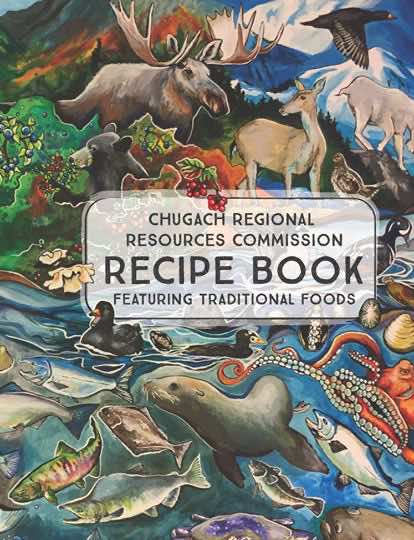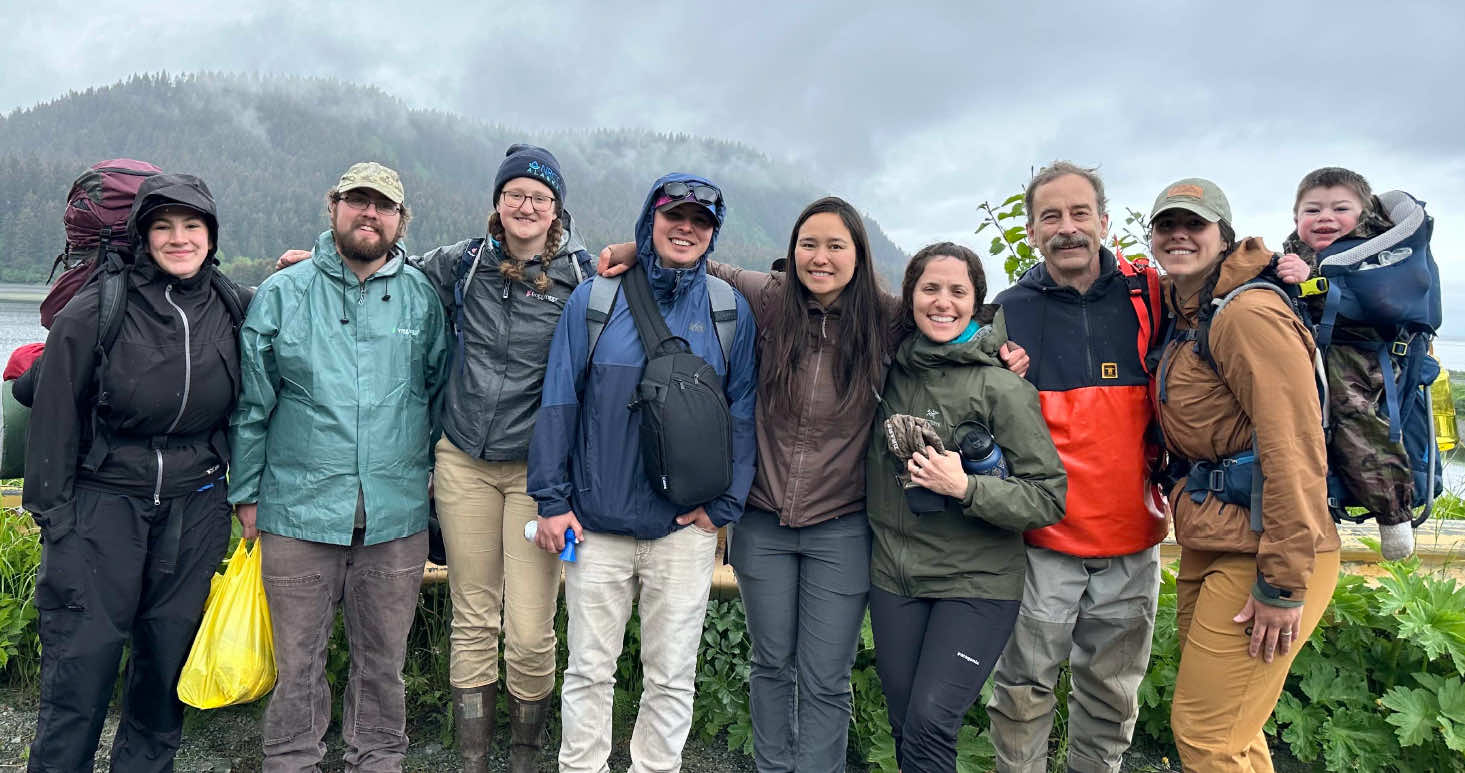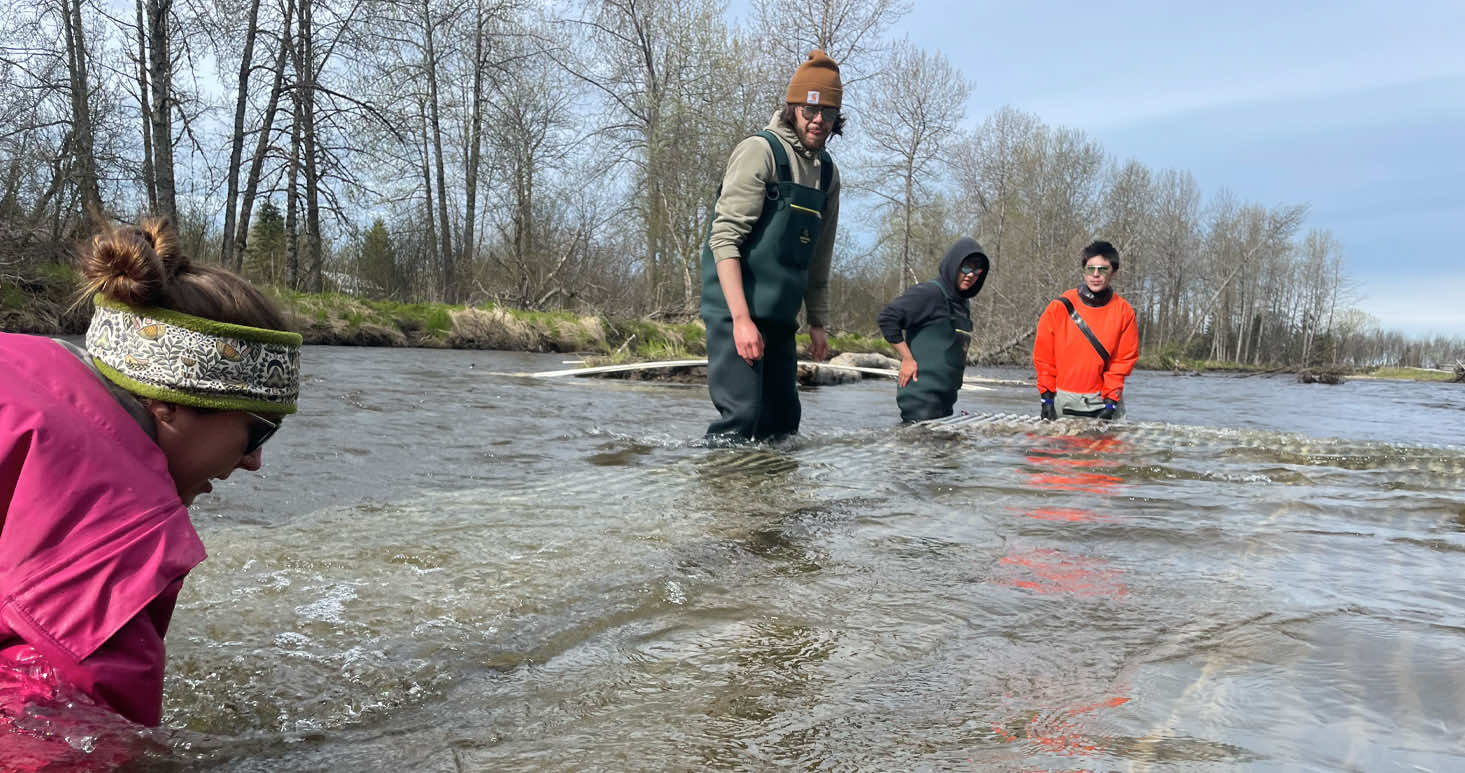CRRC October 2021 Newsletter

Monthly COVID Update
Traditional Foods Recipes
Chugach Regional Resources Commission produced a recipe book based on recipes from Tribal members in the Chugach region.
The recipe book can be purchased here: https://chugach-regional-resources-commission.square.site/product/recipe-book-featuring-traditional-foods/3?cp=true&sa=true&sbp=false&q=false
In an effort to enhance food security in the region, CRRC used CDC grants funds to remaster the recipe pages to include nutritional values provided by the ANTHC as well as translations in various dialects, when available, from the Chugachmiut Heritage Preservation.
CRRC’s mission is to provide natural resource management and economic development services for our member Tribes. Food security means “all people at all times have access to sufficient, safe, nutritious food to maintain a healthy and active life” (World Health Organization). The current global outbreak of COVID-19 has disrupted food systems in the Chugach region. Tribal member’s food environments are rapidly changing in both their external dimensions – food availability, prices, vendors- as well as personal dimensions – geographical access, affordability, convenience and desirability. These rapid food environment changes are influencing the consumers’ dietary practices and can lead to a deterioration in both individual, and country level, nutritional and health status. Traditional food has implications beyond physical health; it also plays an important role in the formation of identity, in the development of community, economic and social institutions, and in the everyday lives of Alaska Native people and communities. People, and their health and nutrition status, are what counts. Not only are certain foods central to the ceremonial and epistemological belief systems of many Tribes, but communities also face unique issues as they try to feed their people in a world of increasing prices and less access to healthy food.







